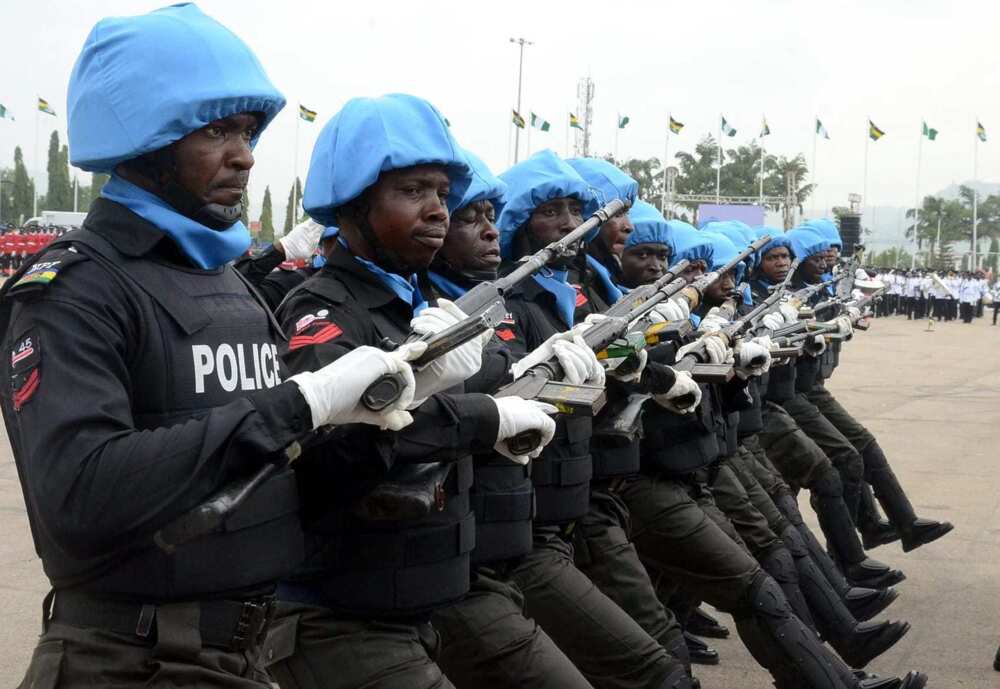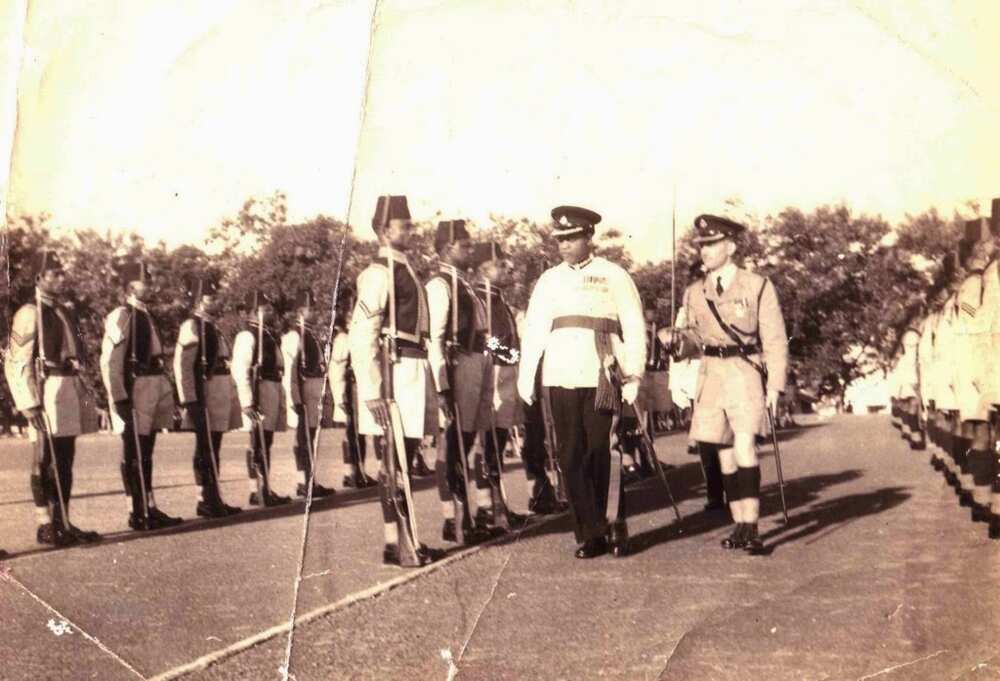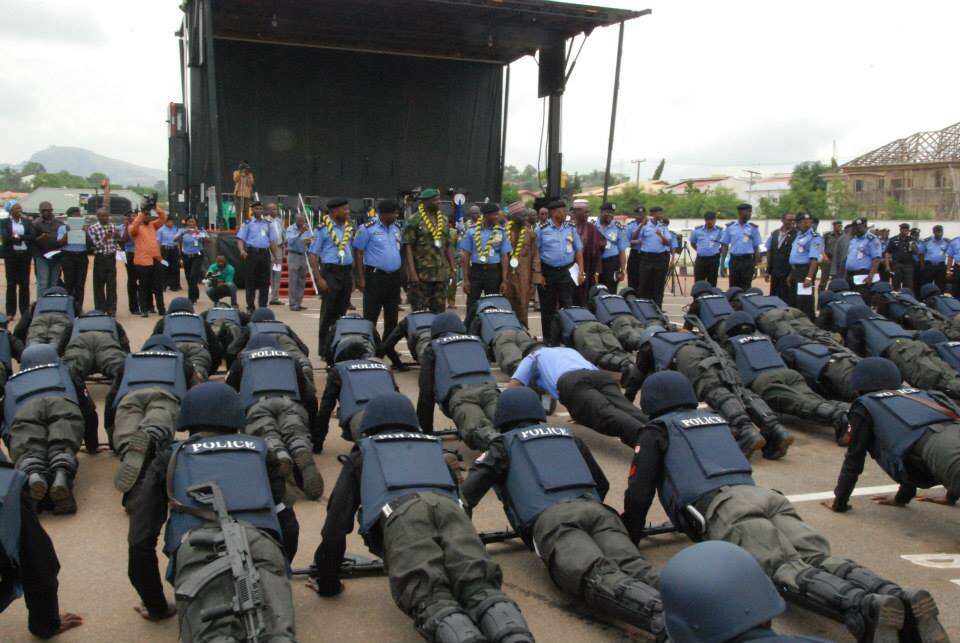Brief history of Nigeria Police Force: interesting facts
The Nigerian Police Force continues to evolve many decades after its idea was created. Read the brief history of Nigeria Police Force. How was the formation of NPF in Nigeria? When was the Nigerian Police Force established?

Nigeria police force in AMISOM - source of the photo: news360.info
NPF serves the society by ensuring the protection of human rights and freedom, countering crime, supporting the public law and order, as well as public safety. The activities of the Nigeria Police Force are directed and coordinated by The Police Service Commission, the Nigerian Police Council with the President of Nigeria as Chairman. Are you interested in the history of Nigeria Police Force?
Brief history of Nigeria Police Force
When was Nigeria police established? Firstly, the Police Force of Nigeria started in 1820. The police in Lagos was established in 1896.
READ ALSO: Top 10 functions of the Nigerian Police Force and brief history

The Police Force in Nigeria (1960); photo: gregnwoko.blogspot.com
In 1894, an analogical formation like the Constabulary of Niger Coast was established in Calabar with the newly announced protectorate of the Niger Coast. In the northern part of the country, the Royal Niger Company created the Constabulary of Royal Niger Company in 1888. When in the early 1900s, the Northern and Southern Nigeria protectorates were declared, the Northern Nigeria Police was formed from a portion of the Constabulary of Royal Niger Company. The portion of the Constabulary of Niger Coast formed the Southern Nigeria Police.
Speaking of the history of the Police Force in Nigeria, we should mention that in the colonial era, the major part of the police was connected with the local authority. In the 1960s, during the First Republic, police forces were divided into regions and then nationalized. The NPF carried out usual police duties and bore responsibility for:
- internal safety in general
- penitentiary, immigration, and custom house institutions support
- executing military obligations in or outside the country
The intentions were declared in 1980 to increase the police to 200 thousand. By 1983, following the budget of Nigeria, the NPF personnel were nearly 152 thousand, but others named between 20 thousand and 80 thousand. According to reports, over 1.3 thousand police stations were situated all over the country.
Generally, NPF officers were not armed, they carried weapons only for certain tasks or circumstances. In 1989, it was declared that the major part of officers would be moved to their home regions to ease relations between police and communities.
Section 194 of the 1979 constitution denoted the NPF as the national police of the country with exceptional jurisdiction throughout Nigeria. Also, constitutional provision determines the formation of NPF branches.

NPF coaching; source: buzznigeria.com
At the end of 1986, the Nigeria Police Force was reformed throughout the country into seven regional commands. They replaced a command composition matching to each of the states in Nigeria. A commissioner led every command and later they were shared into police provinces and subdivisions driven by local officers.
In 1989, one more NPF reformation was declared. The same year, the Nigeria Police Force also organized a Quick Intervention Force in every state. They were separated from the mobile police subdivisions with the aim to watch for political events and suppress disorders while there was a transition to civil rule.
Nigeria Police Force today is the principal law enforcement service. More than 350 thousand men and women serve in NPF. At present, the Inspector General of Police Mohammad Abubakar Adamu leads the Police Force of Nigeria.
READ ALSO: Nigerian police uniform history: from green-grey to black-black
Source: Legit.ng



